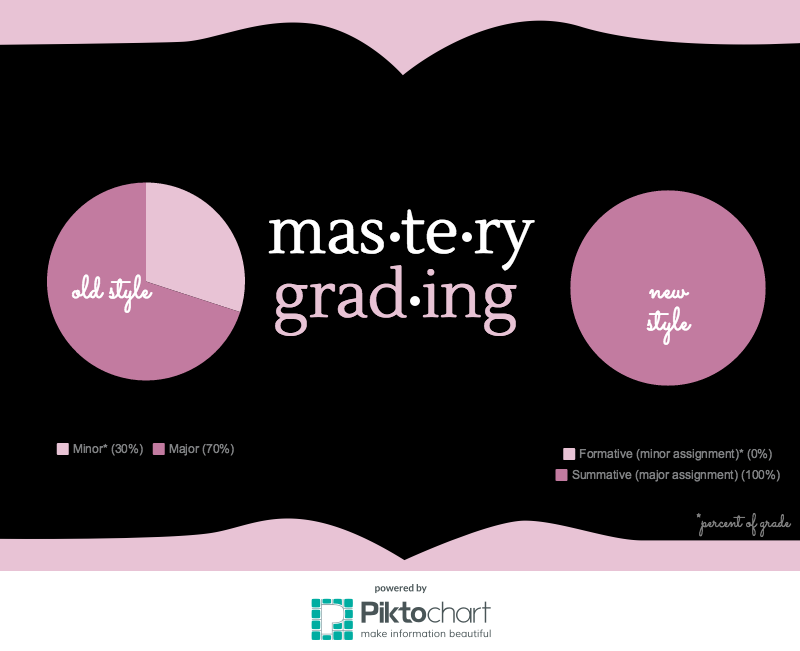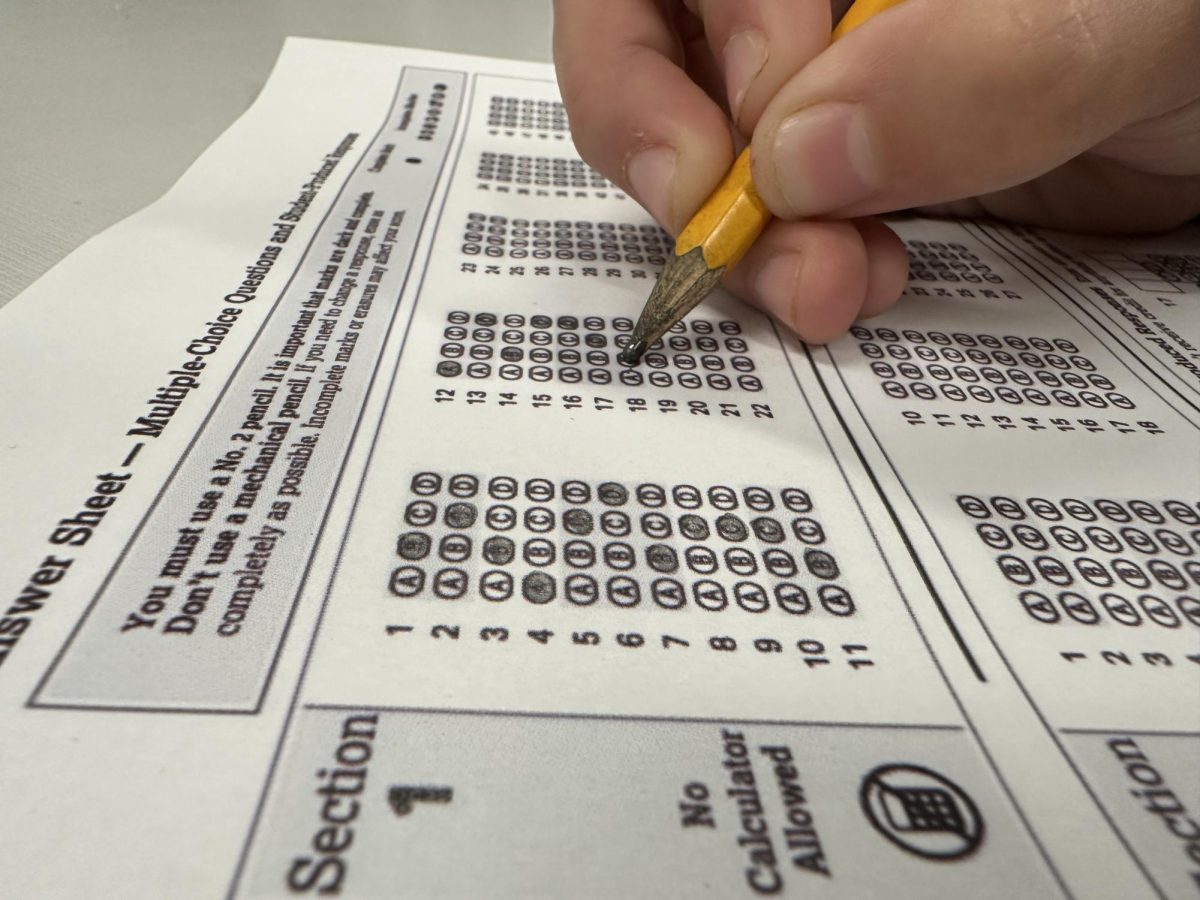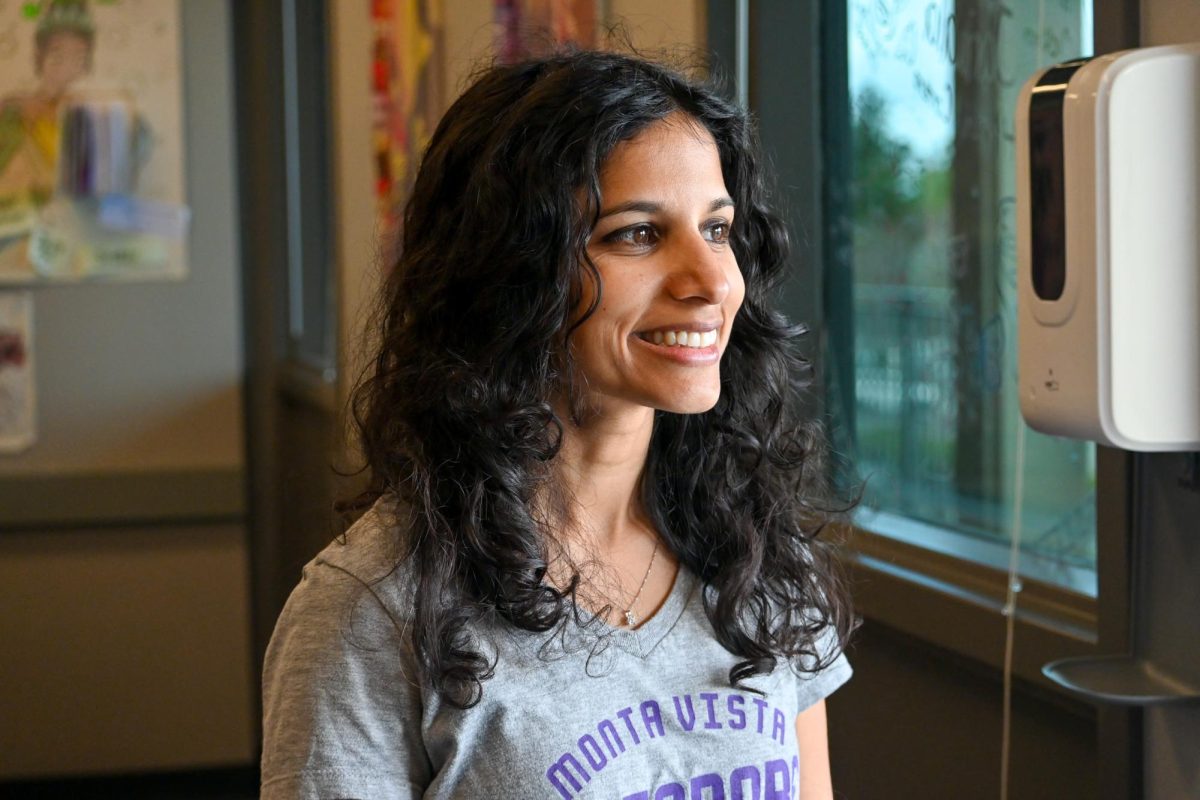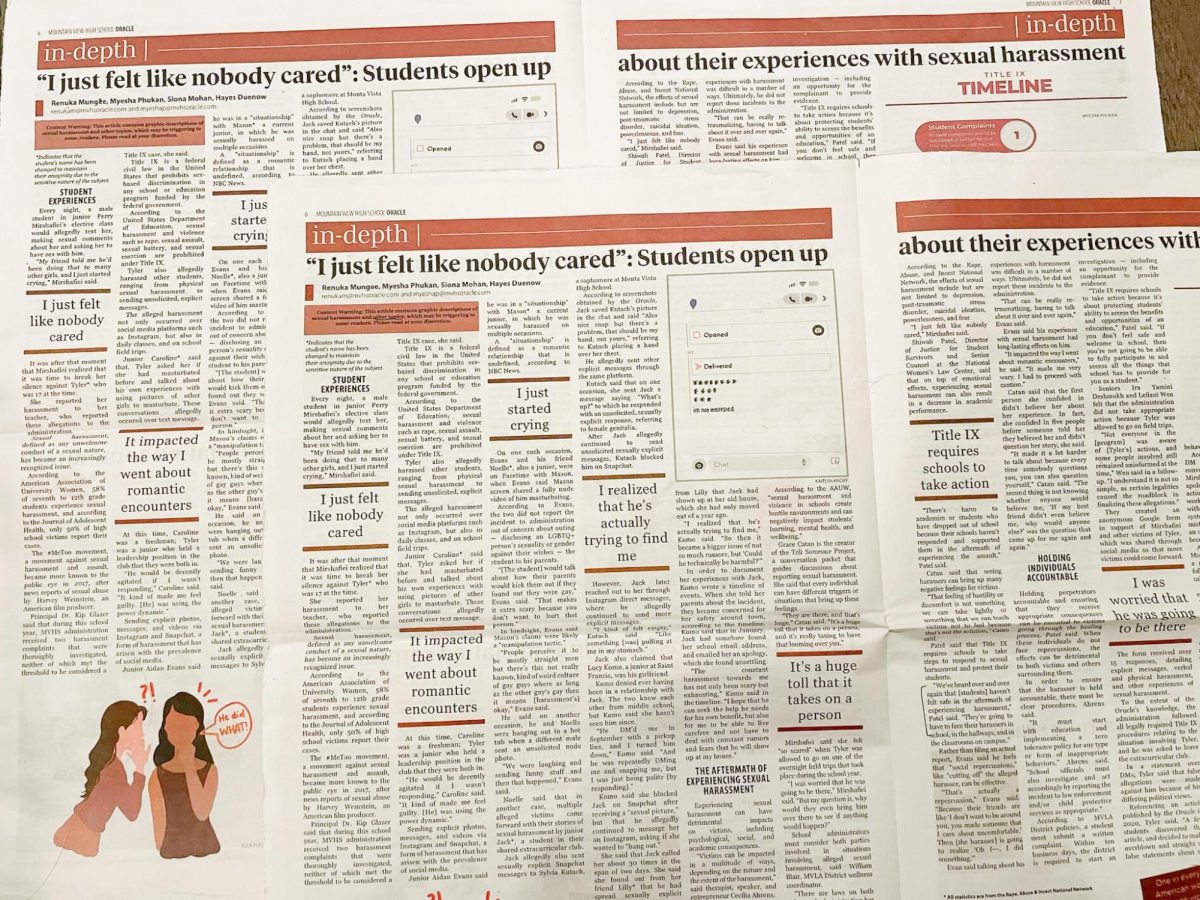A crowd of juniors surges out of an American literature honors room, hurrying to get to their next class, while a small group of seniors straggles behind them. Unusual? It would have been unusual last year, but now, seniors are a common fixture in the HAmlit. classes and return not as wide-eyed students, but as tutors for the juniors.
For this year, English teachers Mark Carpenter, Vennessa Nava and Chelsa Anderson adopted a system of student writing coaches in their HAmlit. classes, where writing coaches, students who took HAmlit. last year, offer personal feedback on early drafts and writing of this year’s students and guide them through the writing process. Nava hopes that, through coaching, students will be able to receive more feedback on minor writing pieces that teachers would not have had the time to edit or grade.
The coaching, a system which has long been in place with American Studies and World Studies classes, would be considered an elective and count for five credits. Student coaches were selected by application and merit at the end of the previous school year.
“We personally solicited students that we had last year…What those students’ skills were in writing and how they performed over the last year would be the general criteria for choosing them,” Nava said. “[These students] are most prepared to give specific feedback to our current students about the skills they need to acquire over the course of the year.”
The English department made the change this year to go hand-in-hand with the new grading system in the HAmlit. classes: mastery grading.
A new grading system
According to a handout that Nava gives her students, “Mastery grading puts the emphasis on learning and demonstration of skills, not on an accumulation of points.”
“[The grading system] has been evolving to this naturally anyway,” she said, “so we decided to make the kind of larger scale changes and improvements to get it where it is currently.”
Regularly, when students are returned a low-risk assignment, they chuck it in their bags and do not take the time to understand why they received a certain score and how they can improve for the next time. In mastery grading, these low-risk assignments, now called formative assignments, receive feedback from the writing coaches, rather than a grade.
A student’s grade now depends solely on the major summative assignments on which students are to demonstrate mastery in the skills they’ve strengthened through the formative assignments and writing coaches’ feedback. But if they don’t make this effort to improve, students cannot expect to do well on the summative assignments or in the class. However, if students perform poorly and receive a C or lower on a summative assignment, they are welcome to take a separate summative assignment to substitute the previous grade.
The newfound emphasis upon summative assignments, junior Tejal Kolte believes, reflects the “you get what you put in” colloquialism, for will becomes a deeper motivation than mere grades and points. Students are further allowed the flexibility to write more daringly, more riskily, and favor new ideas on practice writing pieces without fear of a poor grade: to determine what, for them, works or does not work.
“It’s not graded in the beginning, so we’re really given the chance to improve our skills,” Kolte said. “When the AP test rolls around, when the summative assignments roll around, we will be able to achieve that [level of mastery.]”
Writing coaches
Senior Hannah Allegakoen originally chose to become a teacher assistant, but applied to be a coach when she learned of the writing coaches system because she wished to be more involved in the class of which she had grown so fond. Sometime, somehow, in between daily discussions and wild theories on novels’ intended meanings, Allegakoen had fallen in love with her class — and she wanted to relive it.
This year, she too hopes to refine her skills in writing, because she believes the benefits of coaching are mutual.
“By editing other people’s writing,” Allegakoen said, “I can become a better writer, because I know…what to look for in my own writing.”
Allegakoen aims to become a personable, approachable writing coach to her students, which she believes is the purpose of student coaches: to not be teachers but fellow students. Writing coaches encourage and guide on paper and in personal conferences, and through casual greetings and first name bases, they become more than coach and student.
“I prefer to have a more casual, friendly relationship with my students as opposed to being an authority figure…who’s always criticizing them,” Allegakoen said. “I hope to become friends with the students.”
In turn, the new HAmlit. students welcome the tutors and any extra advice they can offer about how to improve their writing.
“It seems like we’ll be doing writing assignments almost every day,” junior Ruoyun Zheng said, “and it’d be useful to have that help.”
Originally, junior Dara Woo was concerned that student and teacher interactions would be less frequent by the involvement of writing coaches, who’d mark her papers and answer her questions and play devil’s advocate in group discussions. Yet she then came to believe that perhaps, the coaches’ scoring of formative assignments is not all too different from that of the teacher.
“It’s great, because you get a lot more interaction with people who maybe don’t have the same quality of experience as the teacher but who can and will help,” Woo said. “We get our essays back so much faster.”
Reported on by Sneha Gaur and Caitlyn Tjong.






















